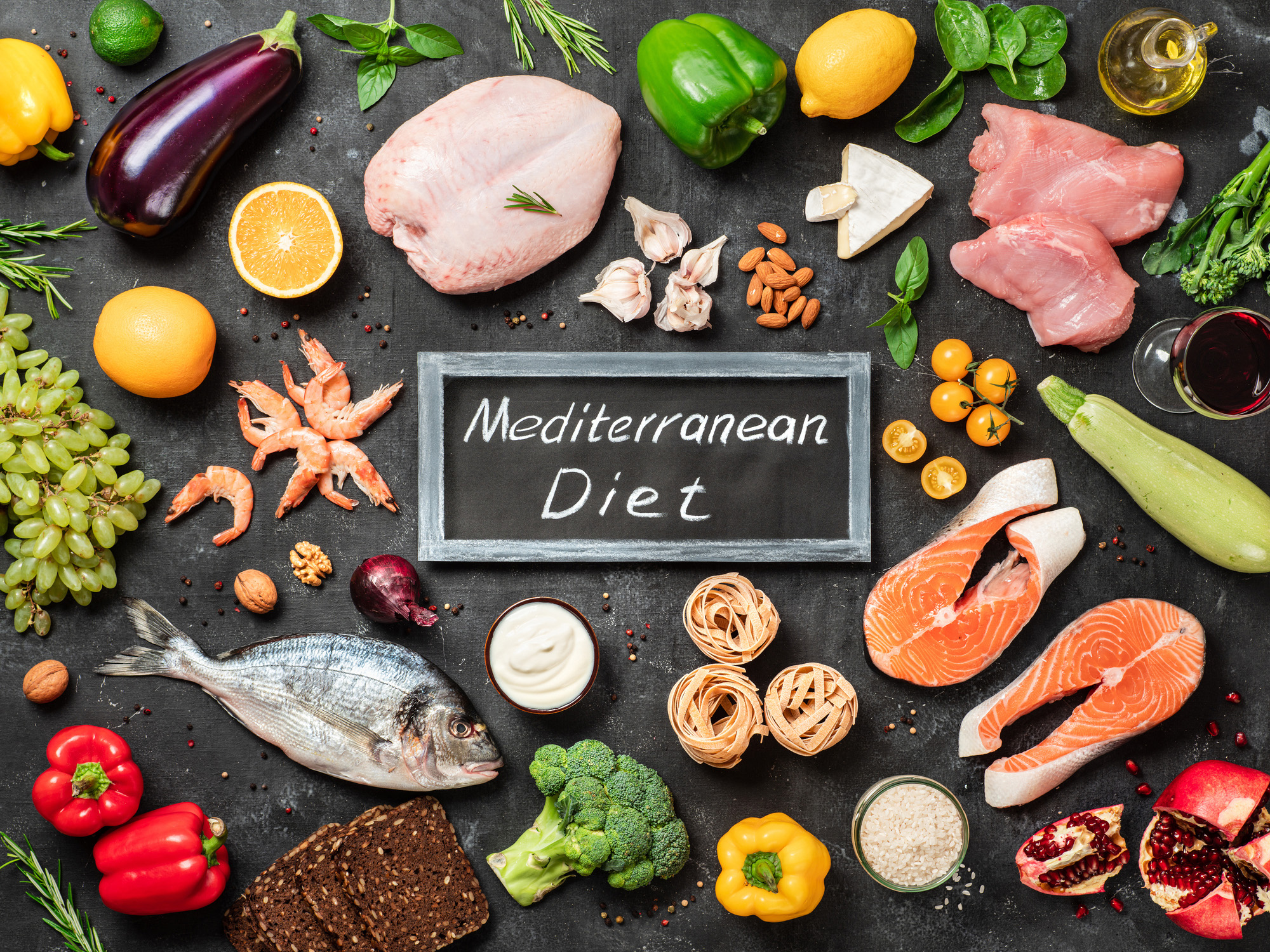As the clock runs down on the month of January, February brings to mind matters of the heart – both romantic as well as cardiovascular well-being. And good news for chocolate lovers, a flavanol-rich diet may help control blood pressure, according to recent research.
A 2020 study published in Scientific Reports found that consuming plenty of foods and beverages like cocoa and tea may help reduce cholesterol, artery stiffness and blood pressure, reducing the risk for developing cardiovascular disease. However, although dark chocolate and tea may have heart-healthy antioxidants, loading them with sugar or fat will cancel out their nutritional benefits. Look for minimally processed cocoa and tea with little added sugar or cream.
Not a fan of dark chocolate or black tea? Flavanols are also found in berries, vegetables, beans, grains and nuts. A Mediterranean diet, rich in these foods along with healthy fats such as olive oil and cold-water fish can help to reduce inflammation and lower the risk for cardiovascular disease, metabolic syndrome and certain cancers. Limiting processed foods, red meat, sodium and dairy may also be recommended by your health care provider to support heart health.
The new study found that, especially among older adults, a high flavanol diet was associated with a significantly lower systolic and diastolic blood pressure and a modest improvement in blood lipids. Adding black tea to your daily diet or eating a small square of dark chocolate after dinner could be a pleasant way to help promote heart health, and control hypertension.
In addition to high blood pressure, obesity, physical inactivity, smoking, high cholesterol and diabetes are also risk factors associated with cardiovascular disease and stroke. Controlling hypertension, cholesterol and blood sugar properly along with a healthy whole food diet low in trans-fats, saturated fat, sodium and added sugar along with at least 20 minutes of physical activity 4 to 5 days of the week can help lower the risk for heart disease and stroke.
Looking for some heart-healthy recipes to pull you out of a meal-planning rut? Follow this link to Eating Well – 28 Healthy Recipes to Make This February.






Add Your Voice
0 Comments
Join the Discussion